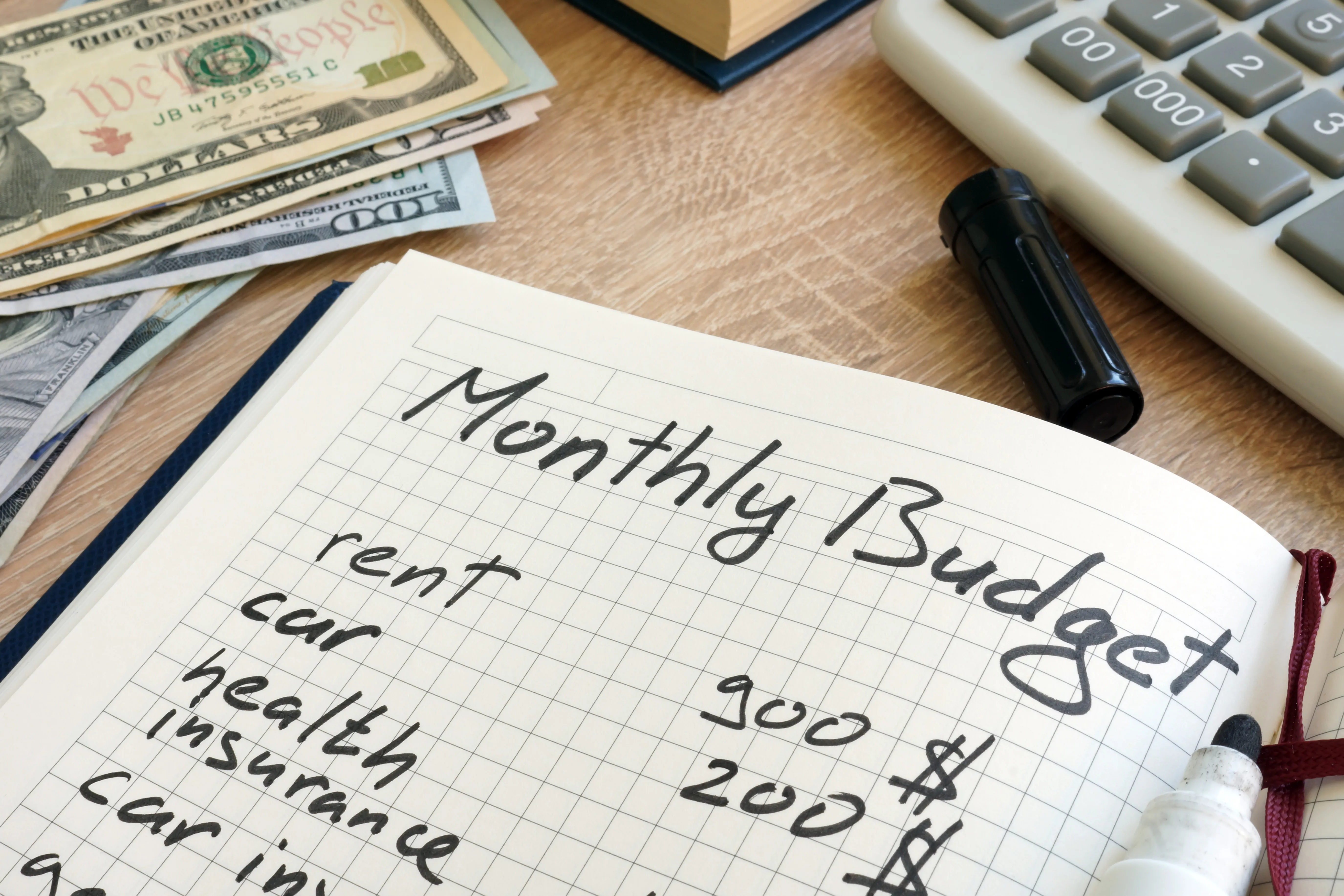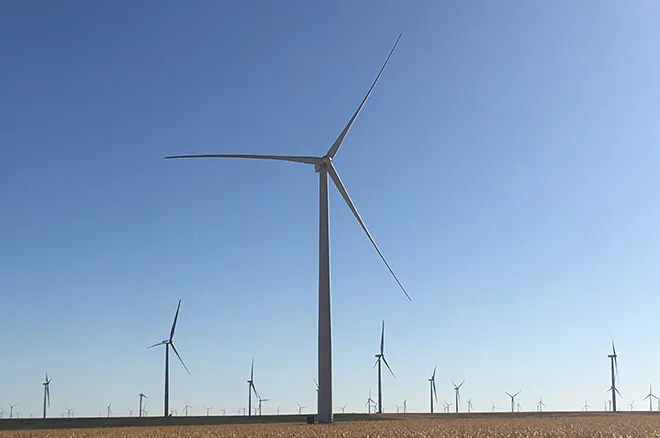
Daily Audio Newscast - June 18, 2024
News from around the nation.
Federal funds boost Northeast high-speed EV charging network; the Heat Dome remains the top story over more than half the nation; Asian Americans and Pacific Islanders in Texas face health disparities; Groups debunk claims of 'skyrocketing' numbers of non-citizen voters.
TRANSCRIPT
(upbeat music)
The Public News Service Daily Newscast, June the 18th, 2024.
I'm Mike Clifford.
First to Maine where clean energy advocates are plotting an expansion of the state's electric vehicle charging network.
State officials recently announced the addition of 17 new high-speed electric vehicle charging stations aimed at filling gaps on some of the most heavily used highways and roads.
Michael Stoddart with Efficiency Maine says federal funds are helping place chargers in more rural areas, where swapping out older vehicles has been a challenge.
People will know that the next time they're shopping for a car, they really can consider getting an EV as an option.
The new chargers will be installed over the next year and were funded in part by the federal bipartisan infrastructure law.
Stoddart says the goal is to ultimately have a publicly accessible EV charger located every 50 miles.
I'm Catherine Carley reporting.
New vehicles are eligible for up to $7,500 in federal credits, while state rebates can knock even more off the manufacturer's suggested retail price.
And numerous cities in the Midwest, the Northeast and the Mid-Atlantic are expecting multiple days of extreme heat and high humidity this week into the weekend, raising concerns regarding heat illness, especially for outdoor workers and vulnerable populations.
That for the Washington Post.
They report while such temperatures aren't unprecedented, their duration in many locations will be unusually long, for this early in the summer.
More than 80 million Americans are under heat alerts, many living in locations predicted to reach the highest levels of the National Weather Service heat risk forecast, which rates the danger to human health.
Meantime, almost half of the Asian American and Pacific Islanders who live in Texas are skipping routine healthcare because of cost, according to a recent survey by the Episcopal Health Foundation.
The report focuses on the overall health experiences of AAPI Texans and found that high medical bills, lack of affordable housing and reliable transportation have a negative impact on their lives.
The foundation's Brian Sasser says non-medical factors can put a person's health at risk.
Not being able to get reliable, affordable transportation, to go to a doctor's visit, to go to a checkup, to get a test done, to get a prescription filled.
You can't go to the grocery store to get healthy food, so you may go to the closest convenience store.
And if you can't get to a park or somewhere to exercise, you don't exercise.
20 percent of those surveyed say when they receive medical treatment, they struggle to pay the bills.
More than 1.8 million Asian Americans and Pacific Islanders live in Texas.
I'm Freda Ross reporting.
55 percent of those polled say the state is not doing enough to make sure low-income adults get the healthcare they need.
Over half of them say Texas should expand Medicaid.
This is public news service.
After a recent flurry of claims that Democrats are allowing immigrants into the country in order to register to vote in the upcoming presidential election, good government groups are crying disinformation.
David Becker with the Center for Election Innovation and Research says these claims are not only untrue, but could plant potentially dangerous seeds of doubt amongst some voters about the legitimacy of November's election results.
Non-citizens are already not legally allowed to vote in federal elections.
This has been the case through American history and it was codified into American law in 1996.
House Republicans have introduced new legislation requiring proof of citizenship to vote after claims that a skyrocketing number of new voters are registering without a photo ID in key swing states.
But election officials in states including Arizona, Pennsylvania, and Texas have debunked those claims.
I'm Eric Galatis.
Becker says data show that non-citizen voting is virtually a non-existent phenomenon, in part because people who risk life and limb to find a better life in America know they would be immediately deported if they are caught.
And a new mobile market is tackling food deserts in North Carolina where 1.4 million people struggle to find healthy food.
Ripe for Revival, a nonprofit based in Rocky Mount, has partnered with Coastal Credit Union to increase the availability of fresh produce in underserved areas.
Jonathan Tindall is the operations manager for the nonprofit.
He highlights their dual mission of supporting local farms and communities.
He says by rescuing surplus produce that doesn't make it to grocery stores, Ripe for Revival creates a pay-as-you-go market to reach communities that need it most.
It's just a way for fresh food to go into areas that otherwise don't have the affordability to get it or they don't have the access to it.
'Cause there's some areas we go to that they don't have grocery stores and so they would, you know, round trip would have to drive an hour.
It's been able to add another trailer to its fleet.
For Public News Service, I'm Shantia Hudson.
Finally, from our Eric Ticket Off, the stage is set for a massive investment in Oregon's plans to bring high-speed internet to everyone in the state.
The second volume of Oregon's Broadband Equity Access and Deployment Proposal has been approved by the National Telecommunications and Information Administration, laying out its plan for investing nearly $700 million in federal funding.
Oregon Broadband Office Director Nick Batts says the goal is internet for all.
This is a historic investment.
We've never seen this much money invested in broadband by the federal government before.
I'm not sure that we're ever gonna see it again.
And if we're successful, we're not gonna need it again.
The Biden administration is currently in the process of distributing more than $42 billion to states to increase high-speed internet connectivity.
This is Bob Clifford for Public News Service.
Member and listen supported.
Hear us on great radio stations on your favorite podcast platform.
Find our trust indicators at publicnewsservice.org.

















